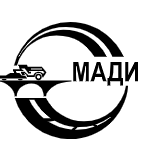Introduction
Moscow Automobile and Road Institute is the highest institution of higher vocational education in the field of road transportation in Russia. It trains senior technical talents for the automobile manufacturing industry and other industries. It is one of the core members of the Sino-Russian Engineering University Alliance.
Overview
The school has about 15,000 students, including more than 350 foreign students. It can send about 1,500 university graduates to the society every year, ranking 11th in the employment rate of Russian universities.
History and establishment time
Founded on December 31, 1930, it was formerly the Moscow Highway Institute. In 1956, it was renamed the Moscow Highway Engineering Institute. In 1992, it became the Moscow State Automobile and Road Institute (Technical University). In 2010, it was officially determined to be the Moscow State Automobile and Highway University.
School Strength
Faculty: There are nearly 2,000 teachers and scientific researchers, 1,200 full-time teachers, 60% of postdoctoral and doctoral degree holders, and 15 Academicians of the Academy of Sciences and the Academy of Engineering.
Teaching facilities: Equipped with a large number of advanced teaching equipment, such as a large highway test site, advanced CAE technology, etc., with more than 90 laboratories, including 12 professional laboratories, 2 problem laboratories and 4 Scientific laboratories.
Research achievements: The school's research projects involve multiple fields such as traffic planning, highway design, and vehicle design. It has cooperated with many large enterprises and research institutions at home and abroad and has achieved many important results and inventions.
International cooperation: It has established good cooperative relations with universities and research institutions in many countries and regions such as China, Germany, and Italy. The forms of cooperation include overseas exchanges, joint schooling, and joint scientific research.
Nature of the institution
Public university.
Educational philosophy
Focus on cultivating students' innovation and practical abilities, emphasizing the combination of theory and practice, so that students can improve their ability to solve practical problems through practical activities while learning professional knowledge, so as to adapt to the development needs of the industry.
Key laboratories and disciplines
Key laboratories: Institute of Energy and Ecological Problems, Institute of Road Transport Problems, Institute of Materials and Structures, etc.
Key disciplines: covering highway and technical machinery, highway transportation, energy and ecology, highway construction, economy, management, logistics and transportation, mechanical design and other fields.
Faculty
There are 11 colleges and departments including the Department of Highway and Technical Machinery, Department of Highway Transportation, Department of Energy and Ecology, Department of Highway Construction, Department of Economics, Department of Management, Department of Logistics and Transportation, and Department of Mechanical Design.
Ranking
Rated as one of the "100 Universities in Russia" One of the "strongest" universities in the country.
Expenses
Full-time undergraduate tuition is RMB 10,000-25,000, graduate tuition is RMB 17,000-28,000, and doctoral tuition is RMB 42,000.
Campus Environment
The main campus is located in Moscow, which is the political, economic, cultural and scientific center of Russia. It provides students with rich learning and living resources. The school's teaching facilities and laboratories are distributed on campus, which provides convenience for students' learning and research.
-

Peter the Great St.Petersburg Polytechnic University
-
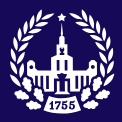
Moscow State University M. V. Lomonosov
-
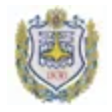
Bauman Moscow State Technical University
-
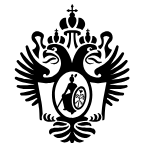
St. Petersburg State University
-

Tomsk State University
-

Peoples' Friendship University of Russia
-

Don State Technical University
-
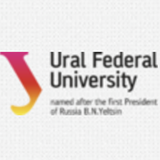
Ural Federal University
-

Moscow Institute of Physics and Technology
-
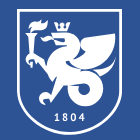
Kazan Federal University
-

Mesoamerican University
-

Istmo University
-

Mariano Galvez University of Guatemala
-

Regional University of Guatemala
-

Galileo University
-

Francisco Marroquín University
-

Rafael Landívar University
-

University of the Valley of Guatemala
-

University of San Carlos of Guatemala
-

Technological Institute of Tlaxcala Plateau
-

Golfo University
-

Technological University of South Sonora
-

Technological University of Huejotzingo
-

Tizimín Institute of Technology
-

Chilpancingo Institute of Technology

